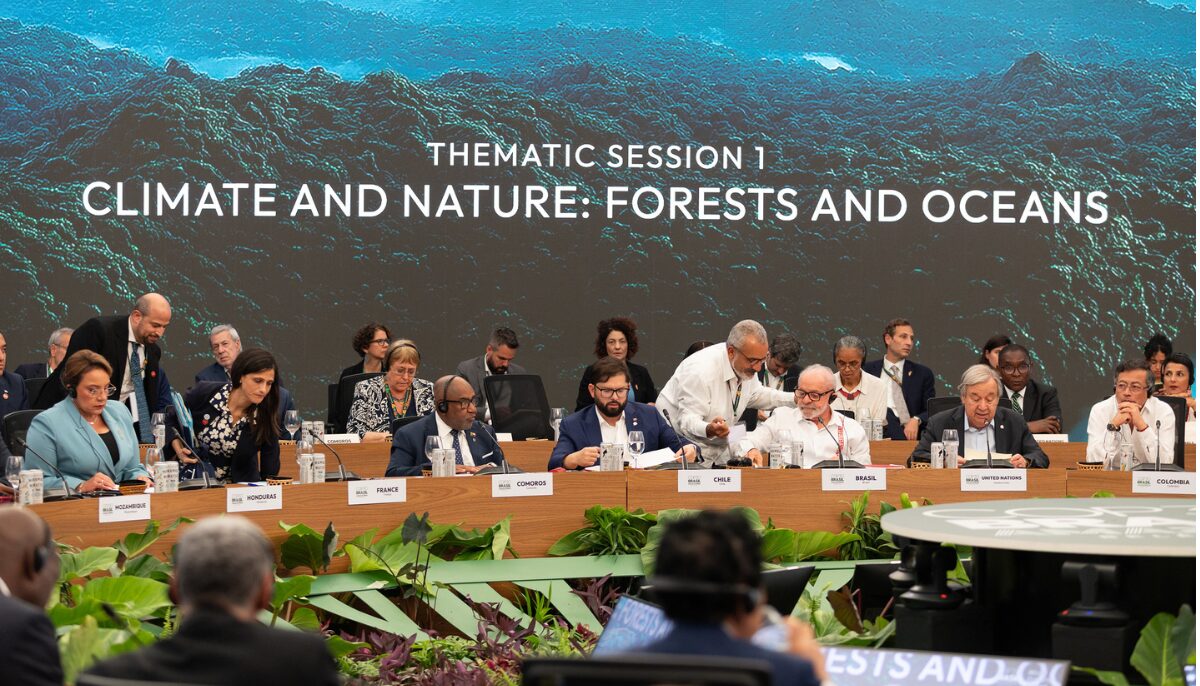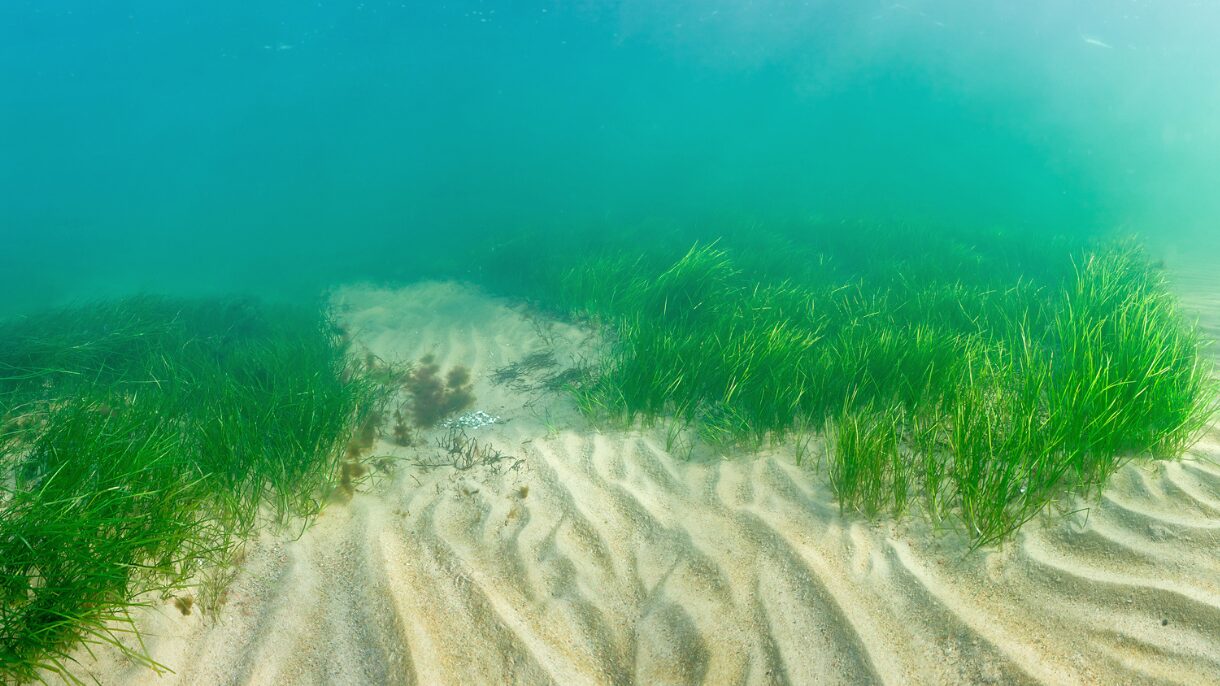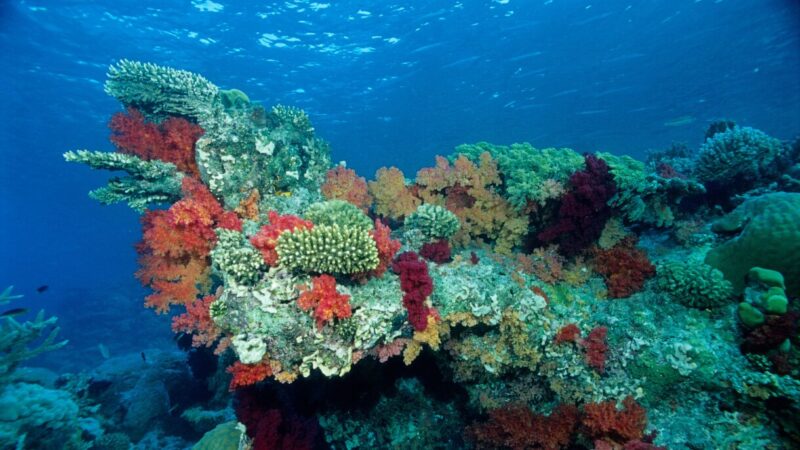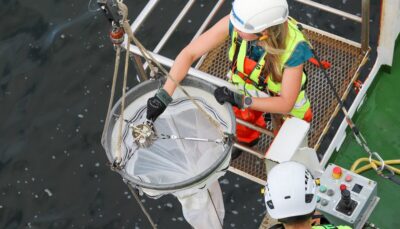Earth’s resilience at stake: COP30 needs to accelerate climate action

Text
World leaders and a vast number of other actors are gathering in Belém, Brazil, for the COP30 climate conference on 10-21 November 2025, accompanied by worrying nature news. The first tipping point caused by climate change has been crossed: warm water coral reefs are suffering at a scale from which there is no return. The planetary boundary of ocean acidification has been crossed, and the AMOC ocean current may stop within just decades. To secure life on Earth, urgent measures are needed to cut emissions and safeguard biodiversity.
The COP30 in Belém has been called the “implementation COP”: the focus is on the tangible execution of climate policies. In addition to negotiating states, Brazil seeks to put non-state actors from businesses to conservation organisations at the centre of the conference. A record number of indigenous and civil society representatives are expected in Belém.
Ten years ago in Paris, the rules and objectives for climate change mitigation were agreed. What is needed now is to swiftly cut down emissions and secure financing for countries most at risk.
However, the ambition of the states so far has not been sufficient. According to the UN’s Emissions Gap Report 2025, national plans to mitigate climate change are not enough to meet the goals of the Paris Agreement. The UN has reported that the 1.5°C limit is likely to be exceeded over the next decade.
This year, reports have shown repeatedly that the viability of the Earth is threatened. The condition of the oceans, which are the lifeline of the blue planet, has deteriorated by many measures – largely due to steadily advancing climate change.
Nature protects life on Earth
Natural ecosystems, both on land and in waters, play a key role in mitigating climate change and enhancing resilience to its impacts. The ocean has sequestered nearly a third of greenhouse gas emissions and stored more than 90 percent of the heat generated by these emissions.
However, the ocean is not able to buffer everything but instead suffers from the emissions. In 2025, it was reported that the planetary boundary of ocean acidification has been transgressed. The nine planetary boundaries represent the limits of Earth’s resilience – the limits within which humanity can live safely.
Ocean acidification is mainly caused by fossil fuel emissions, which lower the pH of sea water. The change deprives many marine species of their habitat, thus affecting numerous ecosystems. Furthermore, when acidification is combined with warming waters and oxygen depletion, a dangerous mixture has been created.
“Diverse and healthy communities of organisms are not only important for marine life but also protect us from the effects of climate change. Sea meadows, for example, moderate the strength of storm waves and reduce coastal erosion, bind nutrients and carbon, and, as fish food and spawning grounds, are a significant part of the ocean for food security,” says Miina Mäki, marine biologist and head of programme at John Nurminen Foundation.

Coral deaths are a warning sign
Alongside ocean acidification, a climate change tipping point has also been crossed, with warm-water corals declining irreversibly. As ocean heat waves intensify, corals expel the algae that are vital to them. Algae give corals not only their bright color, but also oxygen and nutrients. Many corals suffer and die.
Up to a quarter of marine species and nearly a billion people depend on healthy corals. Thus, the fate of corals has serious effects on numerous ecosystems. Coral reefs are diverse much like rainforests.
While no corals can be found in the Baltic Sea, climate change is causing distress to the Baltic Sea’s own rainforests, such as eelgrass meadows.
“Key species that are important to life in the Baltic Sea, such as eelgrass, cannot escape the effects of climate change: warming, decrease in salinity or acidification of the sea. The meadows form important habitats for numerous other marine species: if the meadows were to disappear, entire communities of life would be lost,” says Miina Mäki.

Great polluters – shifty promises
Nature tells us that our planet urgently needs cooperation across national boundaries. However, multilateralism has been troubled for a while now: challenges from armed conflicts to trade wars erode trust between nations. In harmony or not, nations must curb climate change, and Belém provides a platform for that action.
Special attention is paid to the world’s largest economies and polluters, whose decisions have worldwide effects, especially on vulnerable countries at the forefront of climate change.
The EU members were able to agree on their climate targets at the end of some marathon negotiations just before COP30. The EU’s target is to cut 90 percent of carbon dioxide emissions by 2040, but the ambition of the target is undermined by added flexibilities. 5 percent of those emissions can be offset outside the EU, and an “emergency brake” can be used to lower the target if EU carbon sinks are not functioning as they should.
The EU wishes to be a global leader in the combat against climate change, but what signal does the union send with such targets?
Moreover, there is renewed concern about the withdrawal of the United States from the Paris Agreement. President Donald Trump has called climate change “the greatest con job” in the world. At the same time, the inadequacy of China’s commitments is a worrying, although the country has often exceeded its own climate targets. As a growing economy, India is the third largest producer of renewable energy in the world, yet still heavily depends on coal.
It remains to be seen what kinds of leadership and commitments the nations seek in Brazil.
Climate conference at the edge of a rainforest
The Belém Climate Conference means to bring the nature and life of the Amazon rainforest close to the COP participants. Nature and biodiversity will also be promoted on the agenda of the meeting.
However, Brazil has not escaped criticism for its preparations for the conference. Many countries and organizations have had to reduce their delegations or opt out, as the lack of accommodations in Belém has raised the price tag for participation sky high. Brazil also just granted a new oil drilling permit to a state-owned oil company, despite efforts to position itself at the forefront of climate action.
A key challenge in Belém is to ensure fair funding so that the most vulnerable countries are also able to influence and adapt to the threats posed by climate change.
While there are challenges, COP30 provides an opportunity for the international community to address the threats to the planet’s viability. When nature cries out for help, we humans need to react.


